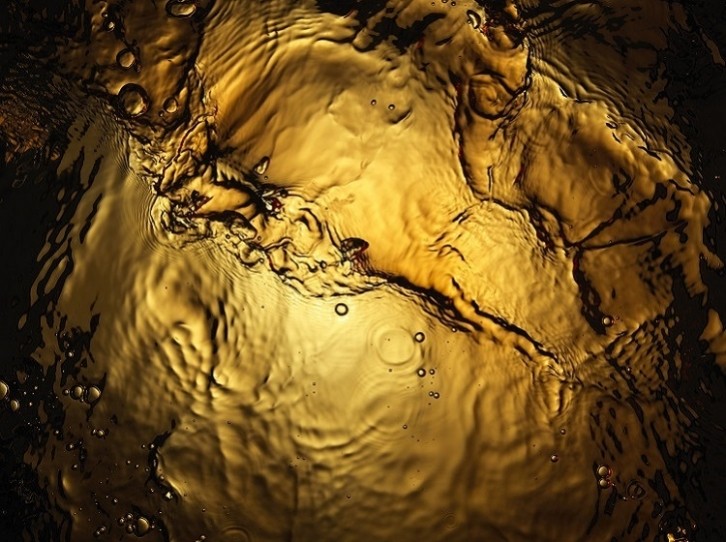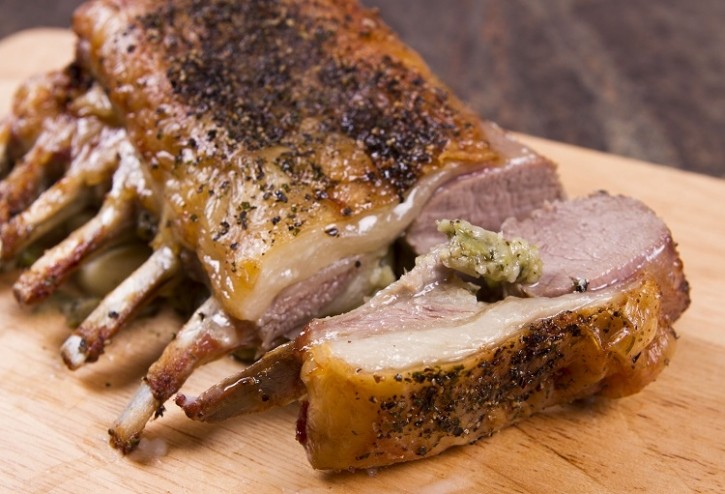Inward investment is an important part of the Welsh food sector, with the Welsh government providing significant support into bolstering food and drinks companies in Wales. They also give Welsh companies a helping hand on the path to gain geographical indicators for key Welsh products.
A geographical indicator is an accreditation given to food and drinks products to protect their ties to a geographical location. For example, Scotch whisky and champagne are linked by geographical indicators to Scotland and the Champagne region of France, and products cannot call themselves Scotch whisky or champagne if not linked to these places.
Wales has, over the past twenty years, seen a significant uptick in geographical indicators for its food and drink products, with, for example, its whisky recently being given protected status. The Welsh Government has a key role in this process, helping its food products attain geographical indicators at both a UK and EU level.
UK – Single Malt Welsh whisky
In July, single malt Welsh whisky became protected under a UK Geographical Indication (UKGI). This protects the name and characteristics of Welsh whisky. The Welsh government had a key role in helping whisky producers in their efforts to achieve this certification.
“Being able to talk to Welsh government has just been brilliant,” Ellen Wakelam, Director at In the Welsh Wind distillery, told FoodNavigator. The process was complex, she told us, involving not one but many Welsh whisky producers, and the Welsh Government has “been really instrumental in helping (producers) all sit down together and collaborate.”
In order to get a GI, producers must apply to the Department for Environment, Food and Rural Affairs (DEFRA) in the UK Government. The application goes to a panel, who will then negotiate with producers and look at potential objectors. The Welsh government support producers with the process, such as helping them with using the right language.
“The more people that are making Welsh whisky, talking about Welsh whisky, selling Welsh whisky, the better it is for all of us,” continued Wakelam, “and to have that kind of protected status when we go out into the world is a much better way of talking about Welsh whisky because it gives it that provenance and that authenticity that without the GI you might not have.”
If the conditions are right, Welsh Whisky may next aim for a Protected Geographical Indication (PGI), the EU’s geographical indicator. “We’re right in the very early stages,” Wakelam told us, “so we have to look at how we fit the EU criteria for the GI. It’s not just a straight ‘let’s take what we did in Wales or the UK and make it the EU’, it’s fitting their criteria as well as maintaining what we already established in Wales, so it’s right in the very early process of that.” This certification could mean that “when we go into the EU, when we’re exporting to the EU, it comes with protected status, it means something.”
EU – Welsh beef and lamb
Following certification at a UK level, the next stage is getting a PGI, providing geographical protection at an EU-wide level. This certification existed before the introduction of UKGI, which it now exists alongside.
Welsh beef has had this certification since 2002, and lamb – since 2003. Hybu Cig Cymru (HCC), or Meat Promotion Wales, which promotes Welsh lamb, pork and beef, told us about how the Welsh Government helped these products achieve this coveted certification.
“Welsh Lamb and Welsh Beef gained PGI status following a comprehensive application process to DEFRA as Competent Authority,” Rachael Madeley Davies, head of Sustainability and Future Policy at HCC, told FoodNavigator. “In May 2004, Welsh Government asked HCC to act as scheme guardian, and this was formally agreed in July 2004.
“The biggest challenge was the length of time it took to complete the application process, which was started in June 1999.”
Years later, following Brexit, the UK Government introduced the UKGI scheme previously mentioned. The Welsh Government provided further support following this introduction, ensuring that Welsh beef and lamb attained this certification as well.
“When the UK GI scheme was introduced, DEFRA advised HCC that reference to Welsh Lamb and Welsh Beef as protected food names was applicable and that the UK GI logo should be used. Welsh Government were supportive of Welsh Lamb and Welsh Beef’s retained GI status under the UK scheme.”
The certification provides an important advantage for Welsh products. “Being awarded PGI/ GI status demonstrates that a product is produced and processed to agreed standards and specifications recognised at EU and now UK level and that it has a defined regional connection,” Davies told us. “PGI/ GI accreditation assures consumers that Welsh Lamb and Welsh Beef are fully traceable, recognising the origin and unique qualities of the product.”
As well as assuring traceability, the certification provides status and a route to success. “As a result of this premium positioning, both Welsh Lamb and Welsh Beef can now be found in the premium tier of the multiple retail sector, as well as high end hotels and restaurants, not only in Wales and the UK, but also in high value export markets the world over.”

